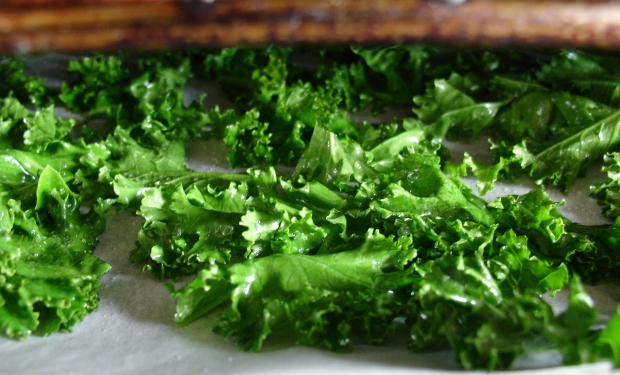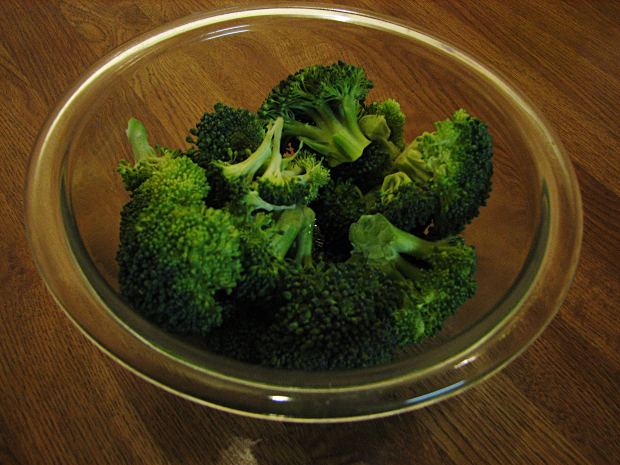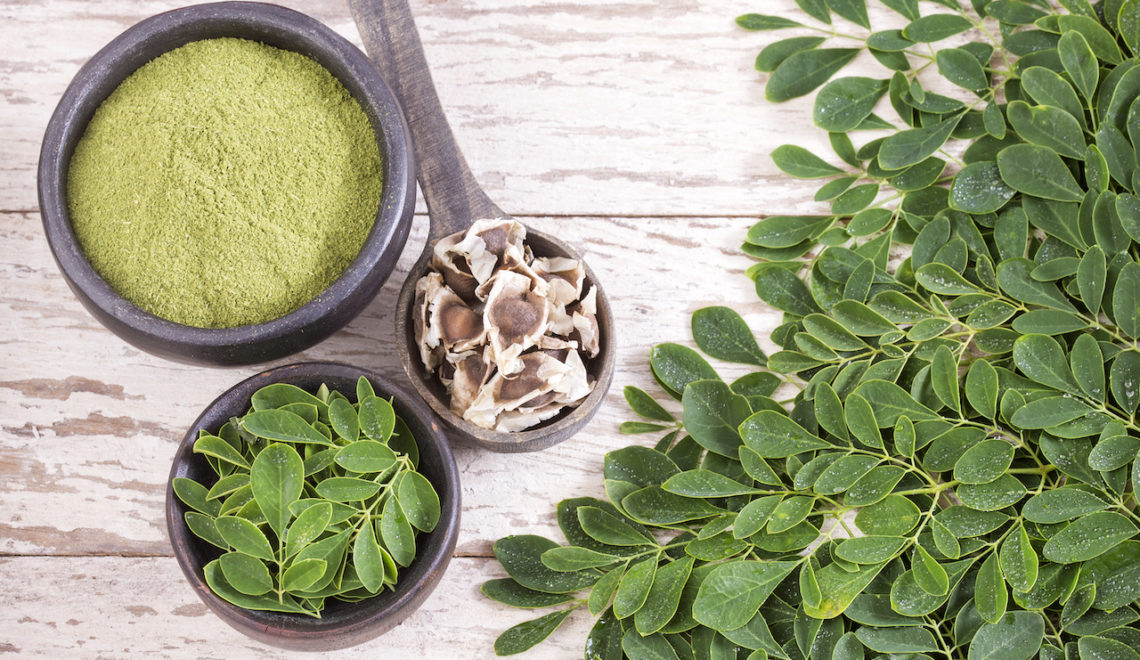
You’ve heard it your entire life: eat your vegetables! Finish your broccoli! When we were young, eating vegetables, especially the green ones, was the bane of our existence. The question of “why are greens good for us?” should be an easy one, right? Because they’re healthy! But why are greens so good for our bodies? Sure, everyone knows that greens like kale, broccoli, spinach, and of course moringa contain essential vitamins, minerals, and fiber, but why do we need them?
Here is a quick reference guide on the function of a few essentials found in greens:
Vitamin A
Beta-carotene, otherwise known as vitamin A is an important compound in development and maintenance of good vision. Vitamin A is an important component of the retina and helps to maintain function of low-light and color vision. It is also necessary for maintenance of the immune system and can be found in a variety of foods such as most greens, carrots, and meat.
Vitamin K
Vitamin K primarily shows up in leafy greens such as phylloquinone, phytomenadione, or phytonadione. These compounds are involved in photosynthesis, so you can bet a plant contains a fair amount of them! The body uses vitamin K in the manufacture of proteins, the coagulation of blood, and is needed by certain proteins in the body that are involved in binding calcium in bones and other tissues. Vitamin K can actually be as important for bones as calcium; without it, bones can weaken.
Vitamin C
L-ascorbic acid, or vitamin C is a cofactor in about eight essential enzymatic reactions in the body. You can think of it as a helper in certain reactions. Without vitamin C, several reactions that create collagen (the body’s connective tissue) cannot occur properly. This dysfunction can lead to scurvy, which affects blood vessels, skin, and healing processes, which can cause anemia, hemorrhaging of the skin, and gum disease. Although scurvy is uncommon in the U.S. and other developed countries, it is still a concern for countries with high rates of malnutrition.
Calcium
Calcium is a mineral that is essential for the development and maintenance of strong, dense bones and teeth. The calcium in the body that’s not already stored in the bones and teeth (about 99%) is important for muscle contraction, neurotransmitters in the brain, and the electrical conduction system of the heart. A deficiency in calcium can lead to poor blood clotting, a disease called rickets, and osteoporosis. However, it is possible to have too much calcium in the blood (hypercalcemia), which can cause impaired kidney function and decrease the absorption of other minerals.
Folate
Folic acid, or simply folate is converted to dihydrofolate in the body and is needed to make and repair DNA. In this way, it is important in cell division and growth. Without folate, the body cannot produce healthy red blood cells, which can lead to anemia. Adequate folate intake during pregnancy can also prevent neural tube defects in infants.
Potassium
Potassium is important for brain and nerve function in the body and helps to maintain balance between the fluid inside and outside of cells. Like calcium, potassium is important for muscle contraction.
Iron
Iron is part of the protein called hemoglobin and helps carry oxygen from the lungs to the rest of the body.. Iron plays a part in many functions of cells as well and aids enzymes in the digestion of food. It can also help store oxygen.
Fiber
Fibers are carbohydrates that the body cannot digest such as cellulose, which is the component that gives plants their structure. Carbs are usually completely broken down in the body, but humans do not contain the necessary enzymes to break down fiber and therefore passes through the body undigested. This helps the body regulate hunger and blood sugar.
A well-balanced diet is so incredibly essential in maintaining a well-functioning body. That is why greens are so important: they contain many, many essential nutrients that our bodies cannot produce on their own. It is recommended that adults eat 2 ½ to 3 cups of vegetables a day; good thing you could cover your daily dose of most of these vitamins in just one serving of moringa!
References:
choosemyplate.gov
http://www.webmd.com/diet/leafy-greens-rated













